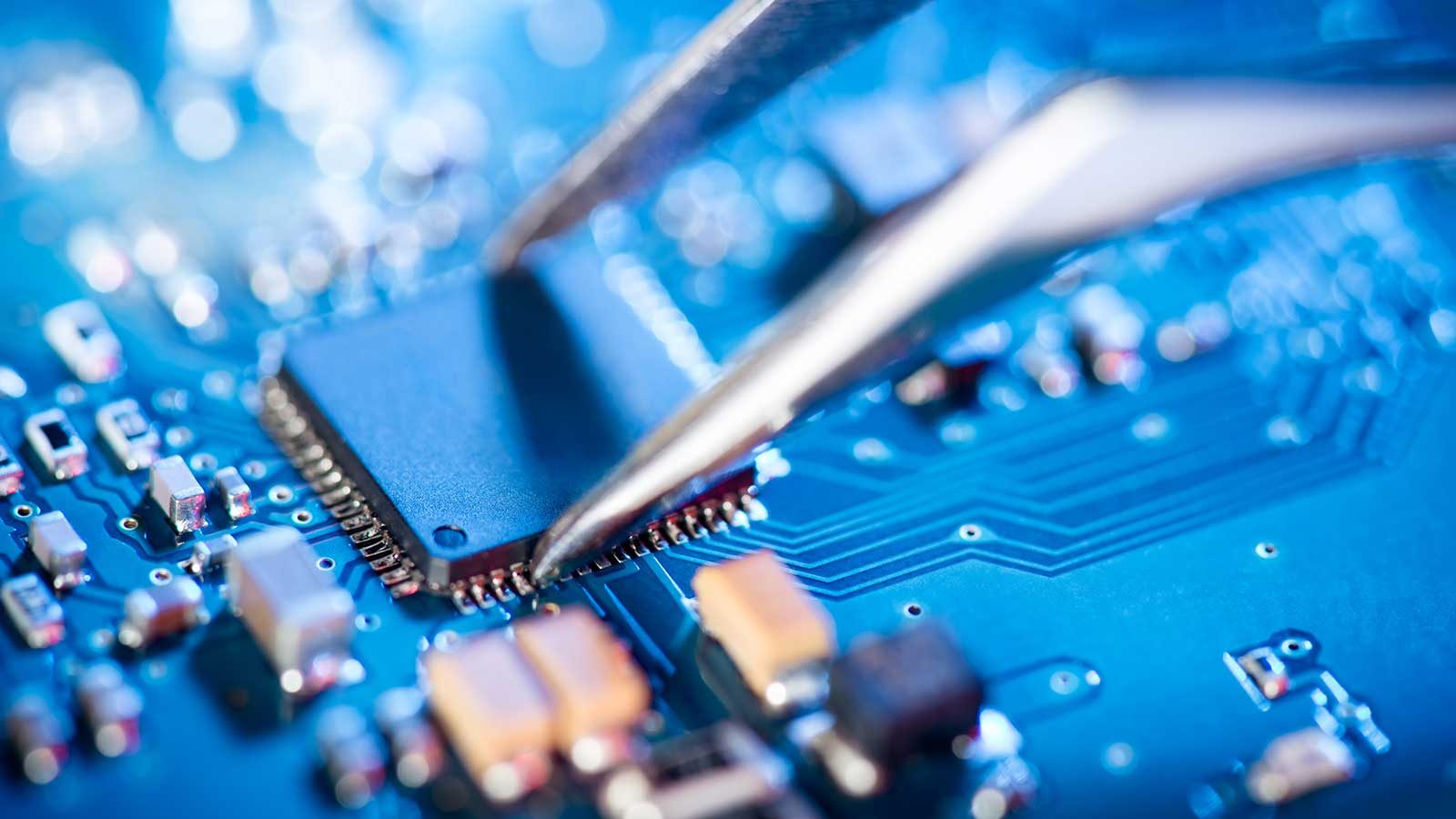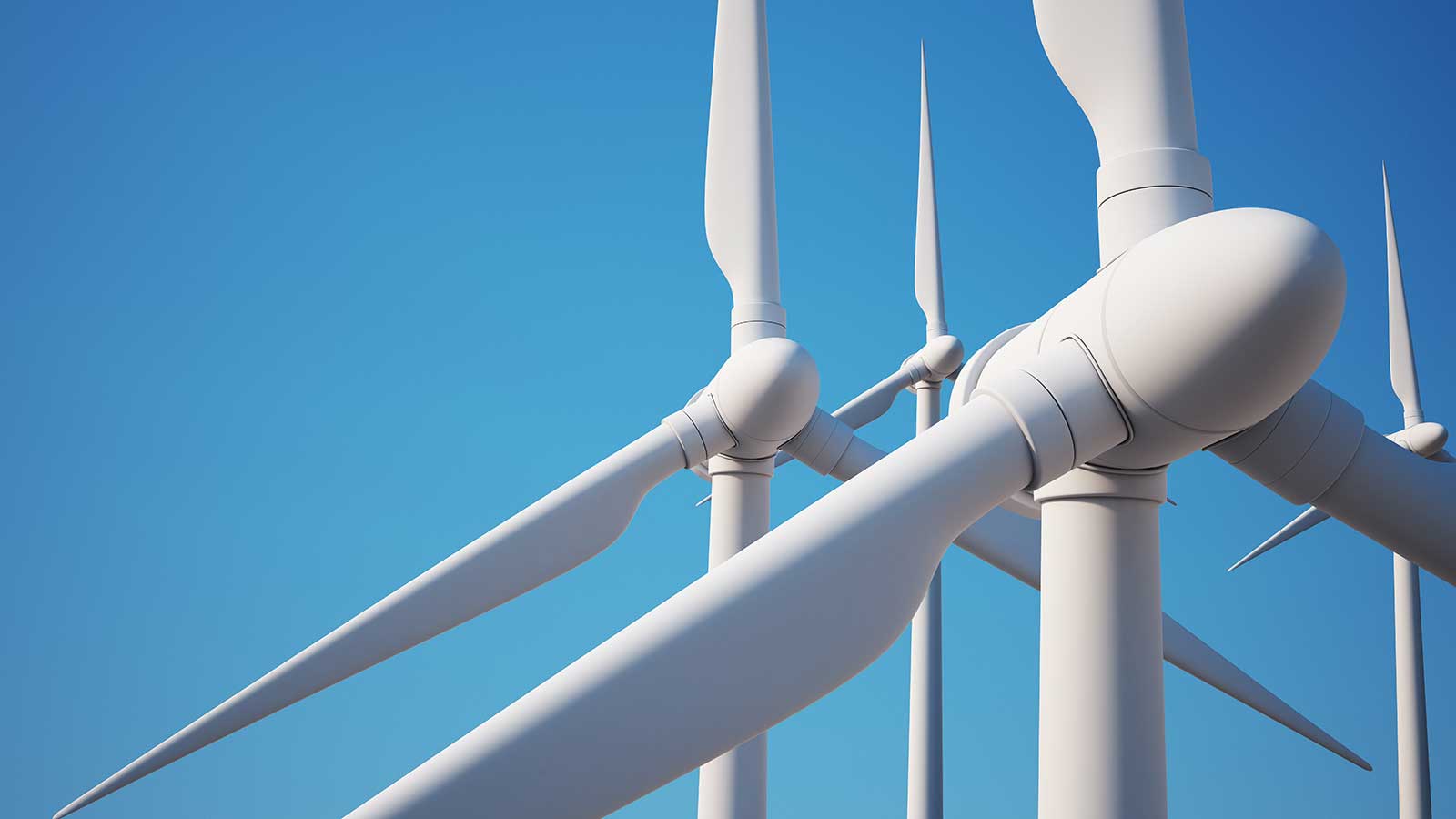Advance Energy Technologies
The world wants more energy while eliminating fossil fuels. Electric power consumers want smart grids that distribute power and communicate with homes and businesses, equipment and appliances and even electric cars as they recharge. How can we build energy infrastructures that meet these demands? Clarkson University's Master of Science in Electrical & Computer Engineering with a concentration in power engineering prepares you to address these important challenges.
Why Study Power Engineering at Clarkson?
As a graduate of our Power Engineering program, you'll develop a solid professional foundation and learn to apply advanced computer, communications, electronics, control and signal processing technologies to the power industry. Our department instills the willingness to work hard and contribute to areas including research and development, planning, design, operations, field services and construction. We conduct cutting-edge research in our labs, such as our Smart Power Systems and Controls Laboratory. Electric power systems are moving toward the vast integration of distributed energy resources, which include renewable resources, energy storage devices and electric vehicles. This lab's research focus is to explore advanced control and management algorithms for smart power systems to promote the sustainable development of communities.
This approach equips you for a career influencing the development of renewable energy technologies and sustainable energy systems.
Our program is flexible, with hybrid, online and on-site options available.
What You'll Learn
The power engineering graduate concentration consists of 30 total credit hours and at least six electrical engineering courses, four of which are in power engineering subjects. Coursework accounts for 21-27 credits, a seminar accounts for two credits and a project accounts for one to seven credits.
You'll choose from such power engineering courses as:
- Data Analytics for Power System Applications
- Dielectrics
- Electric Power Distribution Systems
- Interconnection of Renewable Energy Resources to the Power System
- Grid-Connected Renewable Energy Systems
- Microgrid Design and Control
- Power System Planning
- Power System Protection
- Power Systems I and II




